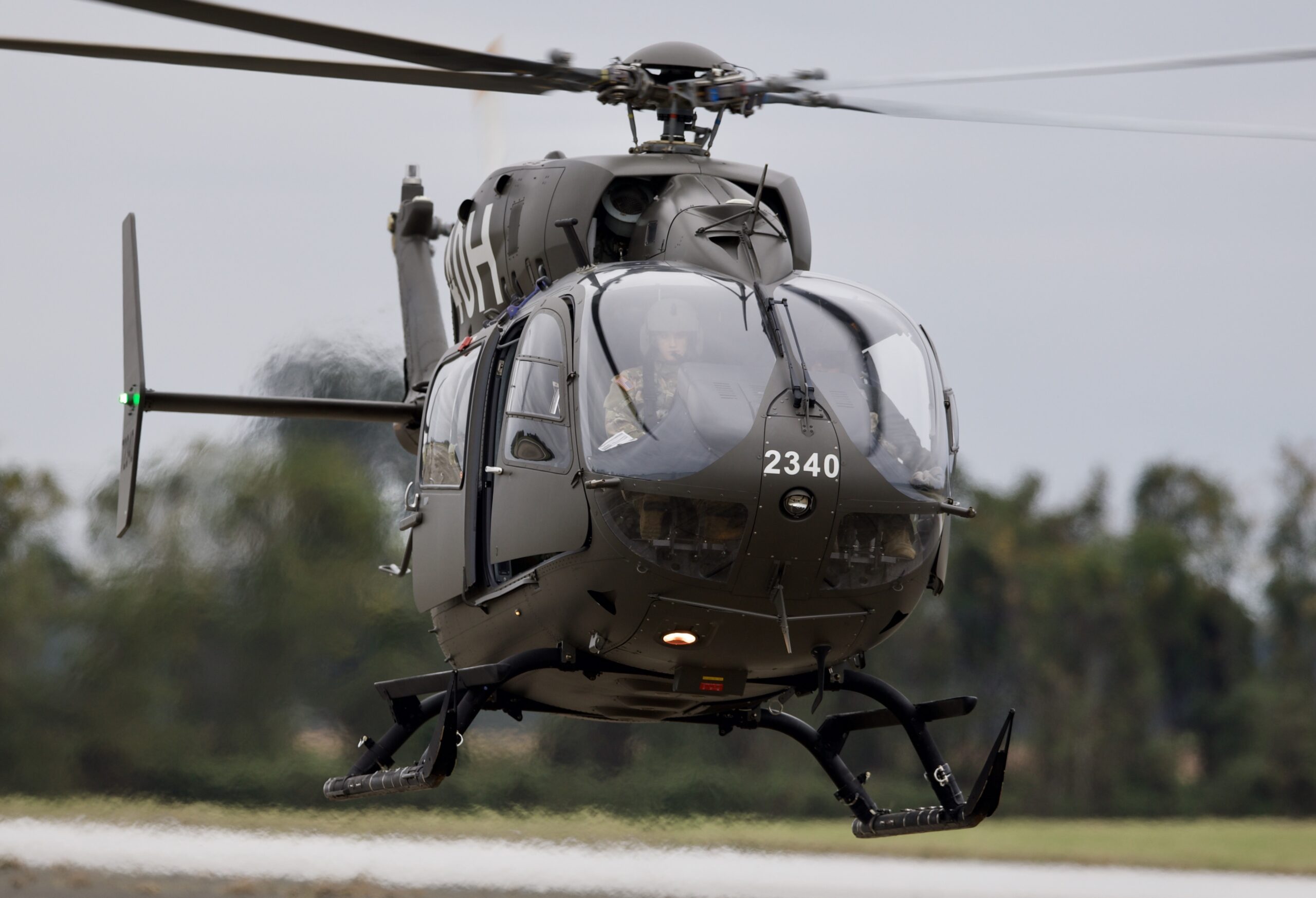U.S. aerospace leader Boeing has joined forces with Italian defense contractor Leonardo to modernize the training of U.S. Army aviators. Announced on March 4, 2024, during the Association of the U.S. Army’s annual conference in Washington, the collaboration aims to provide a contractor-owned, contractor-operated (COCO) solution for the Army’s revamped flight school.
The partnership will focus on the Army’s Flight School Next program, which seeks to create a more flexible and scalable approach to rotary-wing training. This initiative will emphasize a return to fundamental training techniques, particularly utilizing a single-engine helicopter. As the Army grapples with ongoing aviation accidents, this significant overhaul is intended to enhance pilot training methods and aircraft selection.
In a pivotal study conducted by the Boston Consulting Group in 2020, the Army identified potential savings of “hundreds of millions of dollars” by shifting to a single-engine trainer. Additional research from a College of William & Mary MBA fellowship program concluded that the COCO model would be advantageous compared to the traditional government-operated training facilities.
The Army is moving swiftly, having already issued a draft request for proposals. According to Maj. Gen. Clair Gill, commander of the Army Aviation Center of Excellence Command at Fort Rucker, Alabama, the final request for proposals will be released soon, with evaluations expected in 2026. The Army aims to implement a solution by early fiscal 2027.
Boeing has a longstanding presence in Army aviation, supplying the AH-64 Apache attack helicopter and the CH-47 Chinook cargo helicopter. The collaboration with Leonardo is set to leverage Boeing’s expertise alongside the capabilities of Leonardo’s AW119T training helicopter, creating a comprehensive training package.
“We are bringing together two industry leaders to offer the Army a turnkey, innovative approach to rotary-wing training,” said John Chicoli, senior director for U.S. Army, Marines & Special Operations/Missions at Boeing Global Services. He emphasized that the partnership aims to increase aviator proficiency and operational efficiencies while delivering measurable value throughout the program’s lifecycle.
Boeing’s existing training programs for the AH-64 Apache include live, virtual, and constructive simulation, alongside cockpit procedure trainers and instructor development initiatives. The company’s extensive program management and systems integration experience positions it well for leading complex, long-term training endeavors like Flight School Next.
Leonardo’s AW119T trainer has accumulated over 100,000 flight hours, including more than 16,000 hours under instrument flight rules, and has successfully executed 40,000 touchdown autorotations. Currently, Leonardo supports 130 AW119Ts operated by the U.S. Navy in proximity to Fort Rucker.
The proposal from Boeing and Leonardo goes beyond merely providing aircraft. The partnership intends to deliver a multifaceted service offering designed to enhance flight training hours and skill proficiency while ensuring a flexible, scalable training model throughout the duration of the contract. This collaboration marks a significant step towards modernizing military aviation training in the United States, aiming to equip future Army aviators with the skills needed to navigate an increasingly complex operational environment.







































































